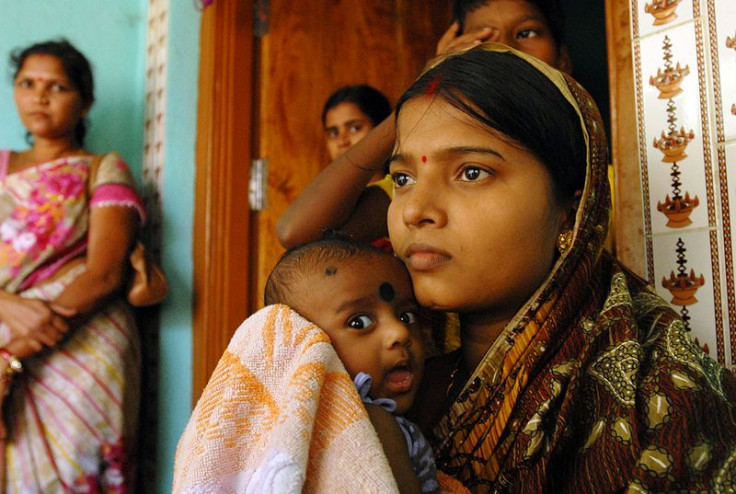‘Rent-A-Womb’ To Be Regulated By Government? India Considers Law To Protect Surrogates, Babies, And Contracting Parents

Surrogacy has become a booming business in India. Infertile couples, same-sex couples, and single people seeking to have babies on their own have been flocking to the country, paying local women a good amount of money to carry and birth their children. As more money gets pumped into what many call the “rent-a-womb” industry, doctors and public officials believe that rules surrounding these surrogacy arrangements need to be tightened.
"There is a need to regulate the sector," said Dr. Sudhir Ajja of Surrogacy India, a fertility bank that has produced 295 babies since it opened in 2007. "But if the new law tightens rules as suggested by the ministry of home affairs, which disallows surrogacy for same-sex couples and single parents, then it will clearly impact the industry and put off clients coming from overseas."
Foreigners who would have to pay a lot more for fertility procedures in their home countries have turned to India to make their dreams of having a child come true. According to Marie Claire, medical expenses and surrogate’s fee add up to about $12,000 in India. Compare that to about $70,000 in the U.S. (where many states don’t even legally recognize surrogacy agreements), and you’ve got a reason for those desiring to be parents to turn to the rent-a-womb industry in India.
Activists who oppose India’s surrogacy industry say that it is an opportunity for wealthy foreigners to take advantage of impoverished Indian women. They’ve even been called “baby factories” for the rich. In a scathing piece for the National Review, Wesley J. Smith called the rent-a-womb industry “biological colonialism.”
“The commercialization of women’s uteruses in India — a big business there — is only one example of what I call biological colonialism,” he wrote. “These days, instead of whole nations colonizing other countries in order to seize their natural wealth, an individual ‘colonialist’ exploits a destitute and powerless person to enhance his or her own health or happiness. Indeed, the living human body is quickly becoming one of the world’s most valuable commercial commodities.”
In May 2012, 30-year-old Premila Vaghela died from a health complication related to her delivering a baby for an American couple. Naina Patel, 33, says that she became a surrogate because she needed the money.
"I was happy to do it but it was not really out of choice because we needed the money," she said.
With this in mind, the Indian government is taking action to regulate the industry as best as it can. In July, the government revised its visa requirements so that same-sex couples and single people can’t come to the country for the sole purpose of using a woman to carry their child. Now, officials want to go a step further by introducing the Assisted Reproductive Technologies (ART) bill. The bill would place age restrictions on surrogates, provide them with insurance, and require that contracts be signed and notarized by both the surrogates and the parents.
Published by Medicaldaily.com



























